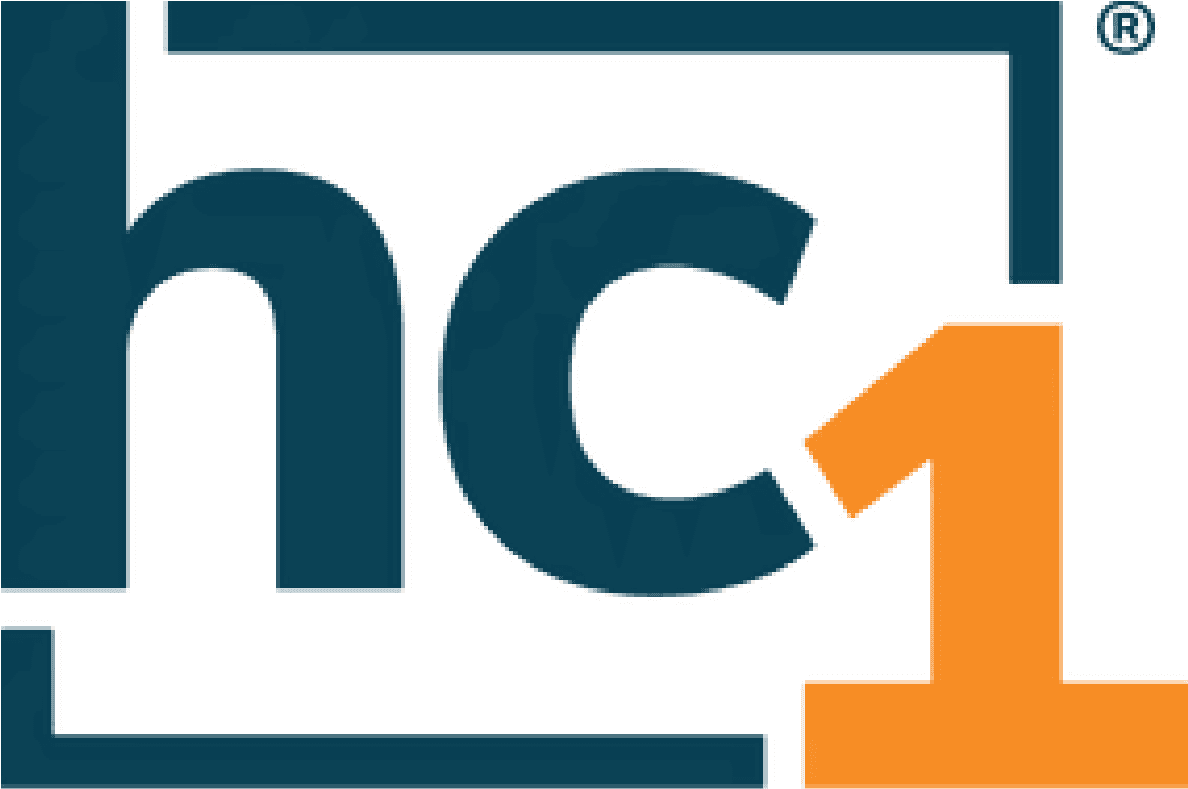September 15, 2021
On August 31 and September 1, hc1 and Becker’s Healthcare brought healthcare thought leaders and providers together from around the world to reflect and collaborate on the current state of precision health and the overall benefits of Precision Health Insight Networks (PHINs).
The Precision Health Virtual Summit, now available on-demand, featured keynote speakers including Katherine Capps, president of Health2 Resources and co-founder and executive director of GTMRx (Get the Medications Right) Institute, and David Nash, MD, MBA, founding dean emeritus of Jefferson College of Population Health at Thomas Jefferson University.
The summit outlined persistent barriers and promising opportunities for precision health adoption, and it didn’t shy away from discussing the infrastructure, physician education, and collaboration required to make precision health a serious and positive reality for patients’ lives in the near future.
More than 2,500 people registered for the two-day event to examine how precision health is expanding globally and improving patient outcomes in a variety of care scenarios. hc1 CEO and chairman, Brad Bostic, shared that the summit was “an energizing, exciting opportunity to bring together people from all different parts of the healthcare value chain to talk about how we can solve this challenge of one-size-fits-all, trial-and-error care and move to more of a model that’s focused on bringing the most precise possible approach to healthcare and a more positive outcome for patients.”
The Summit focused in on three key objectives:
Pharmacogenetics and PHIN adoption is steadily growing
Precision health and data-driven advances as part of PHINs continue leading to more innovative tools and diagnostic risk assessments that improve the quality of life for patients and their family members. Further, advances in data-driven care using PHINs have and continue to reduce overwhelming complexities in our current care system. With these kinds of real-time insights, doctors are able to identify the right testing and prescriptions for optimal outcomes at the lowest cost. Even more promising, the summit highlighted steady growth for precision medicine adoption, especially in areas, such as cardiology and oncology.
Based in rural South Dakota, Stephanie Lahr, MD, the CIO and CMIO of Monument Health, talked about how she and her team have taken a page from oncology research and the success shown in cancer treatment data using precision medicine. She said, “The data that’s out there to provide precision clinical decision support is ever growing. What does that look like outside of cancer care and what can we learn from its success to use in other focus areas of treatment?”
Precision health success relies on addressing physician burnout
Physicians simply do not have time to consistently monitor the ever-changing genomic and prescription data, like new research, approvals, guidelines, and regulations. Even when this kind of information is available for patient diagnostics and prescribing practices, many organizations might not know it’s available at all. In order to fully adopt precision medicine, according to Jeffrey Kuhlman, MD, a General Manager for healthcare analytics at AdventHealth, the common technological infrastructure used in health care has to adapt and the methodology and practice of using precision medicine must be transitioned into physicians’ existing, day-to-day workflows.
Kuhlman went on to say that “We can’t show doctors fifty pages detailing a patient’s genomics, we need to be able to share that information in an actionable way that is also incorporated into a doctor’s typical day-to-day workflow.”
He also added, “Having a multidisciplinary group that brings everyone to the table can open collaboration and agreement for local standards of care. For AdventHealth this has been very useful, but it can be intimidating, because it’s initially labor intensive. Once it’s set, it works.”
In addition to cost-savings and positive patient outcomes, Dr. Nash called attention to population health’s direct relationship with precision medicine and why a proactive, individualized approach to care would eliminate waste and save potentially millions of dollars in a localized economy. The most important benefit, he added, is being able to positively and comprehensively address health for a general population.
Where do organizations begin and how?
In one panel, the Medical Director for Pharmacogenetics at Invitae, Kristine Ashcraft, reminded us that even in clinical settings, “the biggest barrier to precision health adoption is the archaic, binary chassis that isn’t scaling at the necessary levels to make it successful. Test results might come back to us in a non-editable document that gets lost or isn’t incorporated into a singular system.”
Today’s health care systems are disparate networks that are disconnected from each other and that is largely because the new infrastructure required to connect these systems is labor intensive and seemingly too expensive. However, as Dr. Nash mentioned in his keynote, it is crucial to continue educating physicians, payers, stakeholders, and patients about the overall cost savings when the right prescription is given, at the right time, in the right dose. Eliminating the trial-and-approach methodology used today, he added, is doing the “right thing and the ethical thing” for the future of healthcare and patients themselves.
The 2021 Precision Health Virtual Summit presented a clear picture of precision health’s potential to impact and achieve all four arms of healthcare’s quadruple aim: improving population health, improving the patient’s experience of care, enhancing caregiver experience and reducing the rising cost of care.
To learn more and watch the Summit on-demand, click here.












